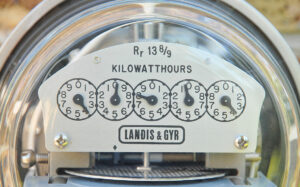THE electronics and service industries form the core of the Philippines’ competitiveness, but its potential as a site for other types of high-value production is hindered by high power costs and gaps in its infrastructure, according to consulting firm Roland Berger.
“Upstream geothermal leadership and a 10% global share of semiconductor ATP (assembly, testing and packaging) give the Philippines competitive niches, complemented by world-scale BPO (business process outsourcing) revenue,” it said in a report.
“However, Asia’s second-highest electricity prices, limited wafer fabrication, a 40% export dependence on China and the US, and costly, slow logistics constrain the shift into higher-value production and broader markets.”
Other key challenges include infrastructure gaps, natural disaster exposure, and limited high-value-add midstream industries, it said.
The report noted the country’s geothermal, solar, wind and hydro resources, and incentives from the Renewable Energy Act, which hold the potential to lower carbon intensity and present investment opportunities in clean-power infrastructure.
The Philippines is aiming to raise the share of renewable energy in its power generation mix to 35% by 2030 and to 50% by 2040.
The US tariffs on Chinese goods makes the Philippines exposed to a flood of Chinese imports, Roland Berger added.
China remains the Philippines’ the top source of imports, accounting for 30.1% of the total in August.
“Conversely, the country’s relatively low US tariff and protection of key semiconductor exports create a competitive opening – provided policymakers broaden import sources, modernize infrastructure and promote the Philippines as a reliable, cost-effective alternative manufacturing base.”
US President Donald J. Trump in July imposed a 19% tariff on many goods from five Association of Southeast Asian Nations countries — the Philippines, Cambodia, Malaysia, Thailand and Indonesia. — Beatriz Marie D. Cruz

